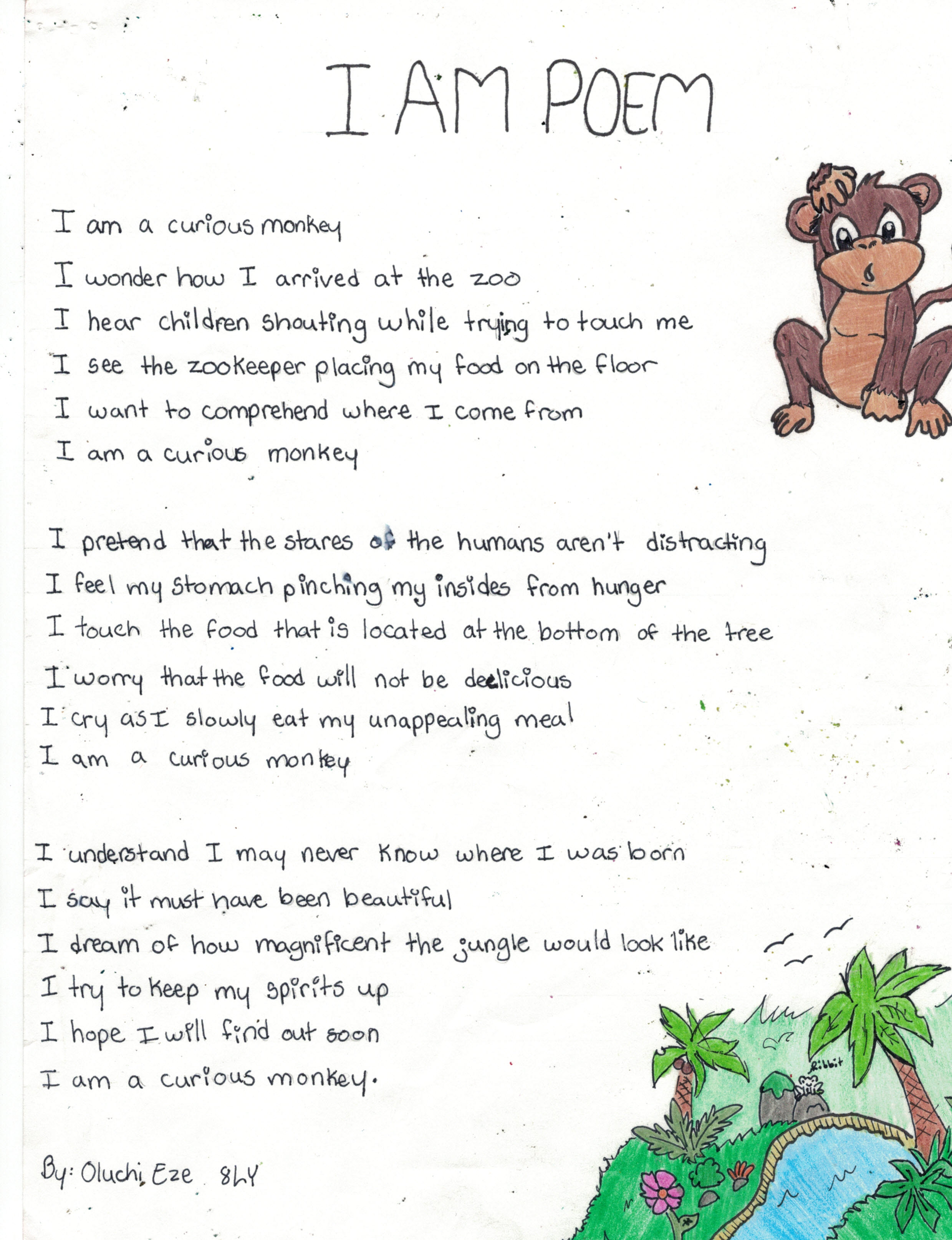
Poems on ‘Who Am I’: A Journey of Identity and Exploration
The enigmatic question of "Who am I?" has been the subject of countless philosophical debates, psychological inquiries, and artistic expressions. Poetry, with its evocative language and capacity for introspection, offers a profound lens through which to explore the multifaceted nature of identity. In this article, we delve into the rich tapestry of poems on ‘Who Am I,’ examining their diverse styles, unraveling their themes, and crafting our own verses in search of self-discovery.
Types of Poem Writing Styles for ‘Who Am I’
The vast expanse of poetry encompasses a myriad of styles, each lending itself to the exploration of identity in unique ways:
- Introspective Verse: This style delves into the inner recesses of the mind, excavating thoughts, emotions, and experiences to craft a deeply personal narrative. Through free verse or structured forms, the poet invites readers into their innermost sanctum.
- Narrative Verse: Storytelling becomes a tool for self-discovery in this style. The poet weaves a tapestry of events, characters, and experiences, often drawing parallels with their own life to illuminate the complexities of identity.
- Lyric Verse: Characterized by a focus on emotion and musicality, lyric poems express the innermost feelings and reflections of the poet. Through vivid imagery and rhythmic language, they capture the essence of ‘Who Am I’ in a poignant and evocative manner.
Poems Exploring the Enigma of Identity
Poem 1:
Who Am I?
Am I the whisper of the wind,
Or the thunder’s deafening roar?
Am I the gentle caress of a breeze,
Or the tempest’s relentless force?
I am a kaleidoscope of shifting hues,
A symphony of contradictions,
A paradox that forever eludes,
The shackles of simple definitions.
Poem 2:
In Search of Self
Through labyrinthine corridors of my mind,
I wander, a pilgrim in search of self.
Past shadows of doubt and echoes of fear,
I seek the truth that lies within.
Like a sculptor chiseling away at stone,
I chip away at the layers of illusion,
Unveiling glimpses of my true essence,
Hidden beneath the façade I’ve known.
Poem 3:
I Am Not a Name
A mere label, a fleeting sound,
My name cannot define my being.
It echoes through time, a hollow facade,
Masquerading as my identity’s meaning.
I am the sum of my experiences,
The tapestry woven through joy and strife.
My identity is not a static entity,
But a river forever flowing through life.
Tips for Writing ‘Who Am I’ Poems
- Embrace introspection: Dive deep into your own thoughts, feelings, and experiences to find the raw material for your verse.
- Experiment with form: Don’t be afraid to break away from traditional structures and explore free verse or other innovative formats.
- Use vivid imagery: Create a sensory experience for your readers through the use of evocative descriptions and metaphors.
- Seek feedback: Share your work with trusted friends, mentors, or writing groups to gain fresh perspectives and refine your craft.
Questions and Answers
What is the purpose of a ‘Who Am I’ poem?
To explore the multifaceted nature of identity, delve into personal experiences, and foster self-discovery.Can poems on ‘Who Am I’ be written in any language?
Yes, poetry transcends linguistic boundaries and can be expressed in all spoken and written languages.How can I find inspiration for writing ‘Who Am I’ poems?
Look within yourself, draw upon your memories, observe the world around you, and read works by other poets who have explored similar themes.
Conclusion
Poems on ‘Who Am I’ offer an invaluable opportunity for self-reflection, growth, and connection with others. By embracing the diverse styles of poetry and delving into the depths of our own experiences, we embark on a lifelong journey of self-discovery. May these words inspire you to explore your own identity and craft your own verses as you continue to unravel the enigmatic tapestry of ‘Who Am I.’
Note:
Please note that the poems included in this article are original compositions and should not be reproduced without proper attribution. Plagiarism is a serious offense that undermines the integrity of the writing community. Let us strive to honor the work of others and celebrate the uniqueness of our own creative voices.
